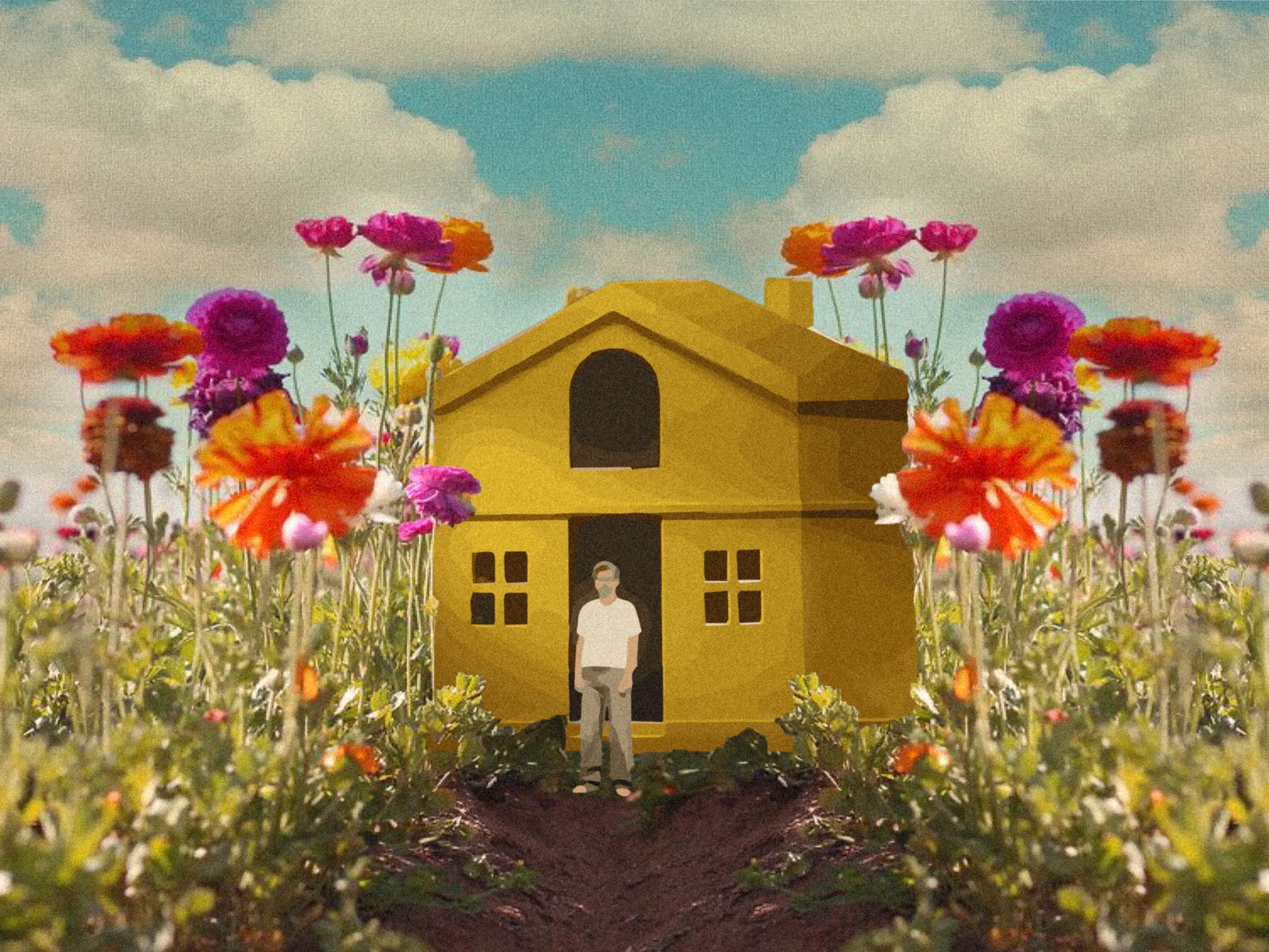“Harry’s House” — the mature third album of acclaimed pop star Harry Styles — brings roots from the ’80s into the production of a record centered around relationships and grief, heavier in its content than his earlier works. While this album was his most distinct and sonically cohesive one yet, it lacks a little in creative lyricism.
Styles has been a household name in pop since his stint as a heartthrob in One Direction. His solo debut, “Harry Styles,” released 18 months after his departure from the band, captured fan’s hearts as an eclectic collection of songs reflective of the ’70s and gave him creative freedom to decide his own direction as an individual artist. His sophomore Grammy-award-winning album, “Fine Line,” delivered astounding harmonic moments in nearly every song. This concept album is a natural segue from it.
“Harry’s House” is Styles’ most sonically cohesive and adventurous album yet. There is an easy and charismatic nature to both the production and lyricism of the music, and it feels much like Harry Styles is conversing with us, as opposed to the stadium-filling sounds on “Harry Styles” and “Fine Line.”
Styles creatively draws on influences from other artists in other genres. The weightlessness of “Daylight” conveys a psychedelic bliss with lyrics like “if I was a bluebird, I would fly to you” and is akin to songs by Tame Impala, while “Grapejuice” appears to be heavily influenced by Paul McCartney on the album “RAM.”
The opening track “Music in a Sushi Restaurant” sounds like “Dirty Computer” from Janelle Monae. It shines with its food references to “fried rice” and “sweet ice cream,” and listening to the song’s scatting horns gives the feeling of being completely satiated after a meal.
Most of the album carries a lightness, especially in “Late Night Talking,” which deserves to be his next single, despite the heaviness of the topics discussed. Chart topping single “As It Was” brings in a remarkably sunny sound despite the troubled grievances cast in its lyrics and music video. Synth-heavy “Satellite” depicts a never ending, cyclic relationship. “Matilda” also brings in songwriter Amy Allen, who assisted on the grandiose single “Adore You.” It speaks to a relationship with the troubling ties of intergenerational family trauma, exemplified by this lyric: “you don’t have to be sorry for leaving and growing up.”
Styles, ever so cognizant of his primary fanbase — young adult women and/or the LGBTQ+ community — talks about difficult relationships with men in “Boyfriends” (heightened by how he began his Coachella Weekend 1 performance by saying “all men are trash”). Still, I found the track to be somewhat bland. “Love of My Life” ends the album with a vignette of a heartbroken person reminiscing on loving a former partner, comparable to “Fine Line” as the finale of his second album.
In his interview with Zane Lowe, Styles said that the album was influenced by his travels around the world, with the album title inspired by Japanese singer Haruomi Hasono. It is difficult to discern this theme, however, because without context much of the album consists of generic songs on love and romance.
While an album or soundtrack can be truly remarkable without a lengthy story or detailed anecdotes, the vagueness and occasionally inane lyrics leave a void left to be filled. It is difficult to find meaning within the repetition in “Cinema.” Some verses in other songs seem reflective of casual Instagram captions and have chaotically explicit references — “cocaine, side boob, choke you with a sea view,” apparent in “Keep Driving” — thus disappointing expectations, especially given how Styles has been called a rock god.
A few lyrics also run counter to Styles’ image as a progressive, norms-breaking performer. The powerful ballad “Little Freak” could have been an audience favorite had it not been tainted by the stomach-turning and uncomfortable opener lyric “little freak Jezebel.” Jezebel is a biblical character, but this choice is steeped in roots of racial discrimination and heavily linked to the stereotyping of Black women.
Styles’ new album is aesthetically pleasing and reflective of summertime with its laidback nature — but it delivers far more with style than with its substance. While it lacks the edge of his first album, it is impossible not to be carried by the hopeful sounds or dance a little to the music from these new tracks, reminiscent of picnicking with friends or dancing in the kitchen.
Editor’s Note: This article is a review and includes subjective opinions, thoughts and critiques.
